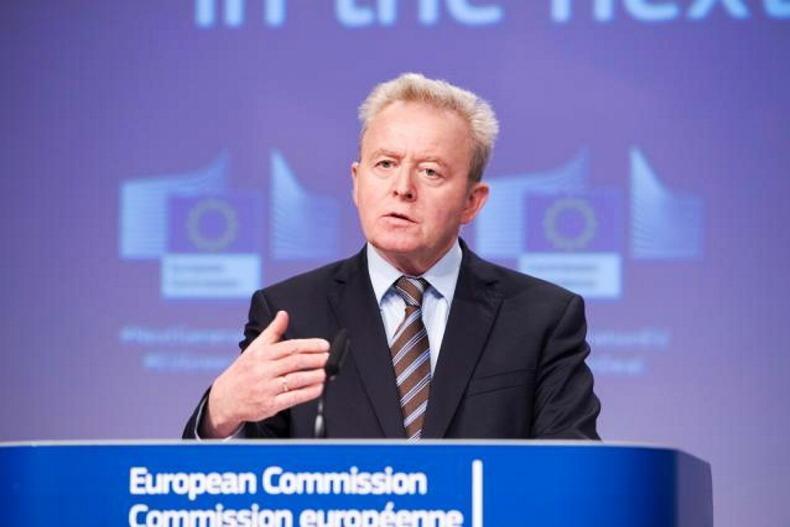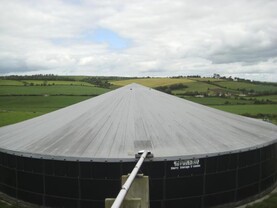While the launch of the fertiliser communication grabbed the headlines in Brussels last week, the commissioner’s comments about CAP funding are at least as important for farmers.
Speaking at a special meeting of the European Parliament’s agriculture committee to mark 60 years of the Common Agricultural Policy (CAP), European Commissioner for Agriculture Janusz Wojciechowski said that the 0.4% of GDP spent on the CAP budget wasn’t enough to sustain the food security of the EU after 2027.
The Commissioner has been consistent with this view, as he also made that point during his visit to Ireland at an Irish Farmers' Association event earlier this year.
CAP budget share
As Figure 1 illustrates, CAP has had a diminishing share of the EU budget, falling from 65.5% in 1980 to just 35% by 2020 and it will reduce further this decade to below 30%.
As the financial support for agriculture in the EU has reduced, it has also coincided with development of policy that reduces priority on production in favour of environmental payments.
While this has been evolving, it will be particularly evident from next year when the rules change again, with the income support part of the budget taken to fund environmental schemes.
As the Commissioner highlighted in his remarks this week, the original purpose of the CAP six decades ago was food security in the original six member states.
This was quickly achieved and, since then, it has been about curtailing production to minimise expenditure.
This has not worked in favour of farmers, because EU rules for production have progressively tightened over recent years, making EU farming among the most expensive in the world.
Parallel to this has been the development of a more open trade policy, which has increased the access to EU markets for agri-food exporters from around the world.
These have a competitive advantage over Irish and EU farmers because they are lower-cost producers that usually have less stringent production, pesticide and environmental rules.
A fair model for EU farmers
EU policy has long insisted on exceptionally high standards, even before the Farm to Fork strategy. It is in the interest of fairness that insistence on such a policy should come at a price and a support system that reflects the constraints on EU farmers.
It is also reasonable that farmers demand that access to the market is controlled to make sure EU production cannot be displaced in favour or imports.
Two models exist within the single market, though outside the customs union, in both Norway and Switzerland. Both countries generously support their farmers and, at the same time, have exceptionally high tariffs on imports of agricultural produce.
Unfortunately, for Irish and EU farmers, it is a reverse picture of reducing support and ever-increasing market access through trade deals.
These will also impact indirectly as well with UK deals opening that market, while, at the same time, UK production has free access to EU markets.
Opportunity for Commissioner
The Commissioner has been criticised for failing to make the case for farming in the Commission college. However, his comments this week which were similar to these in Ireland about the budget, shows that he has a grasp of the core issue for supporting farmers - money.
The current CAP budget is scheduled to end in 2027 and work will be well under way during this Commission to prepare for the next one.
If Commissioner Wojciechowski can translate his belief about the budget into a commitment by his colleagues, then his term will have been of greater benefit to farmers than it has appeared so far.






 This is a subscriber-only article
This is a subscriber-only article









SHARING OPTIONS: